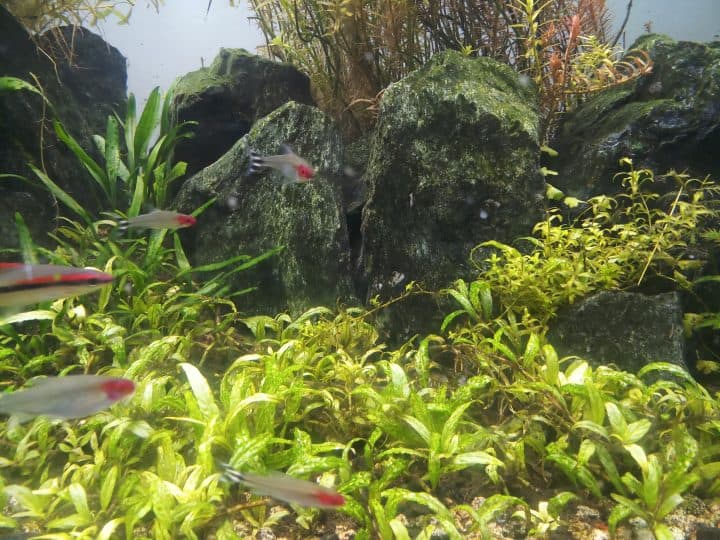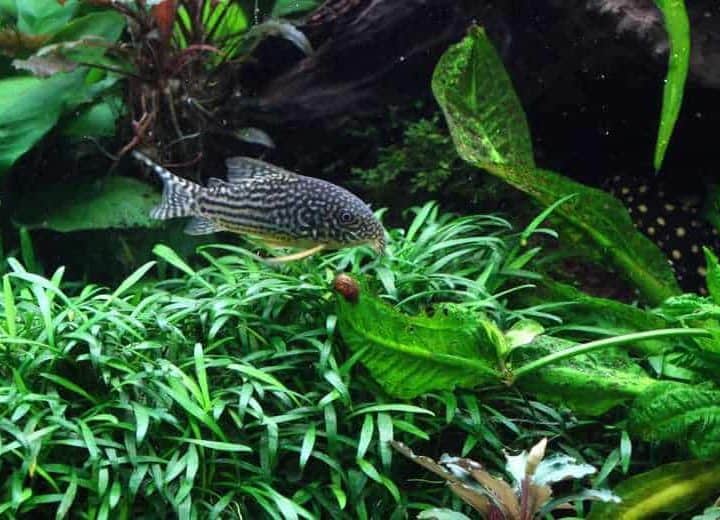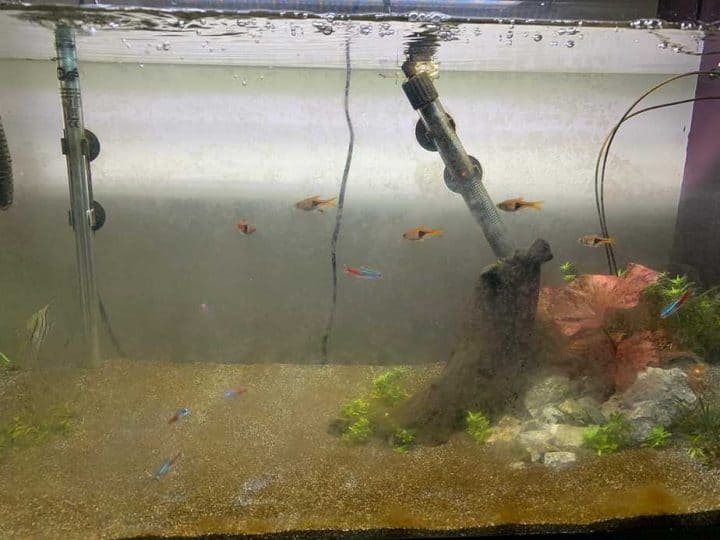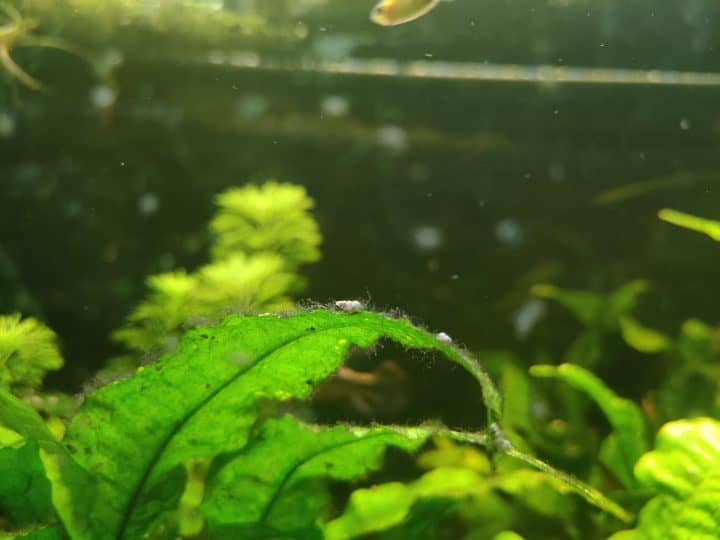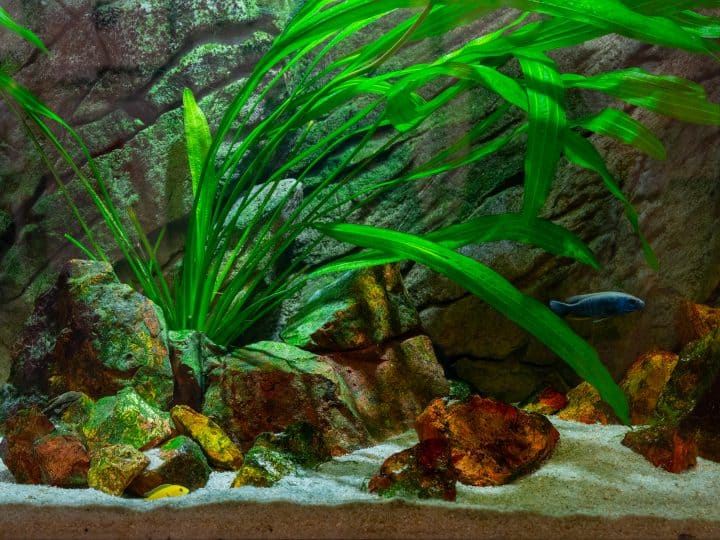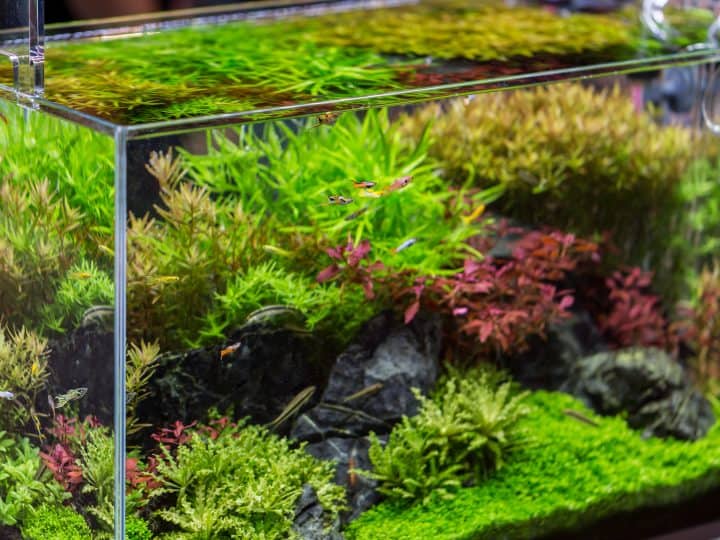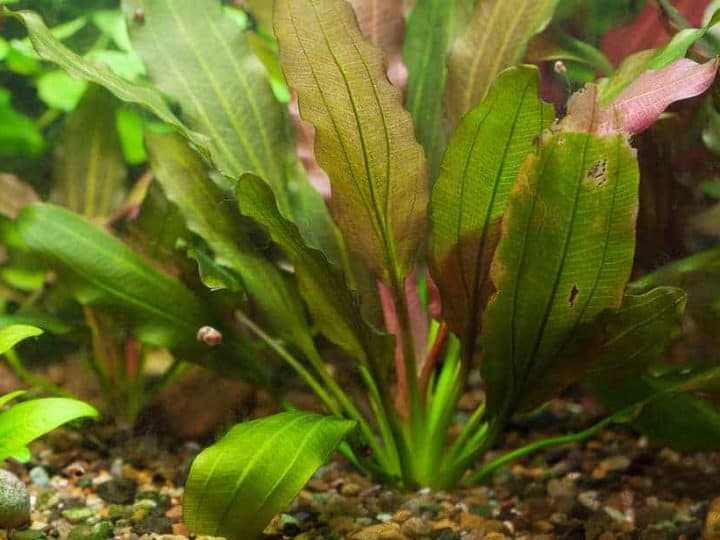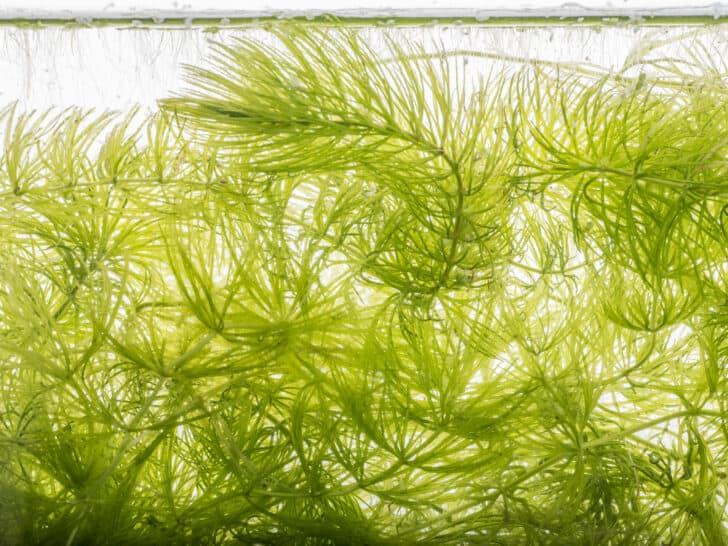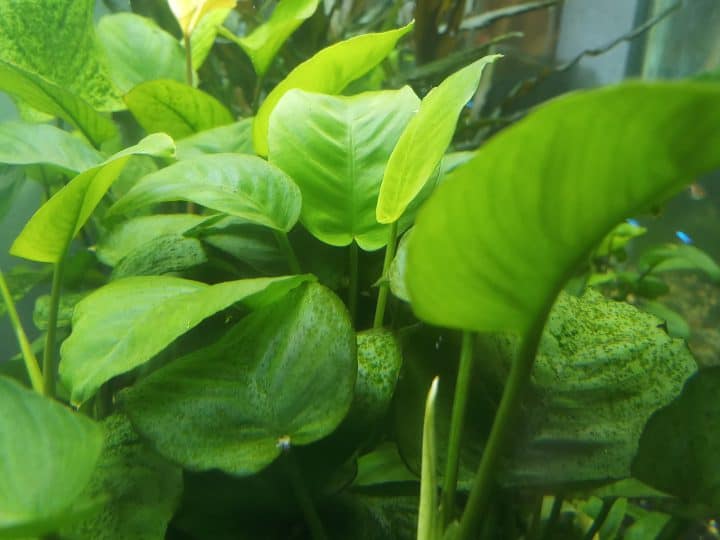Something you may see happening to your aquarium plants is that they melt, which is when the leaves start to turn brown and translucent. Luckily for you, I know exactly what to do about melting aquarium plants.
Quick Answer
Aquarium plants may melt due to physical damage, transitioning from one tank to another and having to establish in a new location, or because of nutrient deficiencies. As long as the underlying issue or the cause of the melting is taken care of, the plants should recover and grow back.
Keep reading to find out why exactly aquarium plants melt, whether or not they will grow back, and what you can do to prevent melting in the first place. If you follow the simple tips I’m about to provide you with below, you should be able to prevent the aquarium plants from melting, while resting assured that anything that has melted should grow back.
Why Do Aquarium Plants Melt?
There are a few common reasons why aquarium plants melt, and if you know what they are, you might be able to prevent this from occurring in the first place.
Transitioning and Establishing
One of the most common causes of aquarium plants melting is if they are moved. This is especially the case when emersed plants, which means that the plants are just slightly underwater, with most of the plant being above water, are then planted into aquariums and are fully submerged.
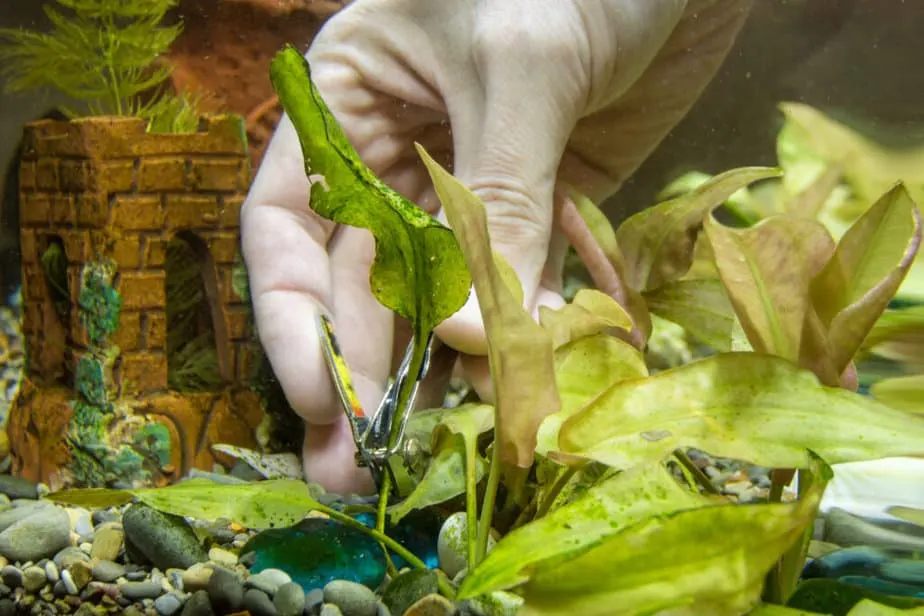
Aquarium plants that are grown emersed are usually free of algae and grow very quickly. Plants that are grown emersed also have a great survival rate when shipping, which is one of the main reasons why aquarium and plant stores grow them in this way.
The issue occurs when these plants are then submerged underwater. The leaves that were above the surface of the water had access to a lot of oxygen and carbon dioxide, which drastically changes once they are submerged. Those old leaves have trouble growing fully submerged as they aren’t used to the lack of O2 and CO2.
The plant must adapt to growing fully submerged, which means that it will usually put most of its energy into the new growth, instead of putting energy into allowing the old leaves to adapt to the new conditions.
Therefore, aquarium plants that start out as immersed and are then fully submerged will usually see the top leaves that were formerly above the surface melt away in favor of supporting the new growth.
The good news I can share with you here is that these plans usually survive, barring any extenuating circumstances.
If the conditions in the aquarium are ideal for the plant, it should grow back just fine. Yes, the old leaves that are melting will most likely die off, but the new growth should come back stronger than ever.
Physical Damage
The next cause of aquarium plants melting is physical damage. Aquarium plants can suffer physical damage when they are transported from the store to your home, if you handle them too roughly, or even if fish bump them around and chew on them.
I’ve had more than one aquarium plant more or less die on the way home from the store because I bumped it into something!
The damaged part of the plant will begin to die, and the surrounding leaves will melt. If the damage was severe enough, the damaged part of the plant may no longer be able to receive the nutrients it needs to survive.
While the rest of the plant may survive, the damaged part will quite likely die. In this case, the damaged part will likely not grow back, but as long as the whole plant is not severely damaged, the rest of it should survive.
Nutrient Deficiencies
One of the biggest mistakes I first made when I got a planted tank was forgetting that plants need specific nutrients. I just put a whole lot of aquarium plants into plain water, and every single last one of them died without fail.
Nitrogen, phosphorus, potassium, calcium, and others are all vital to the survival of your plants. Just like plants grown in the soil need nutrients from their growth medium, so do aquarium plants planted underwater. It’s actually harder for aquarium plants to get their nutrients because they aren’t planted in nutrient rich soil.
This means that if you expect your aquarium plants to survive and thrive, you must occasionally supplement them with some nutrients and fertilizer, given that it is aquarium and fish safe. If you see that your aquarium plants are melting, and you suspect it is a lack of nutrients, if you start giving them the proper amount of nutrients, you might just see them grow back.
However, from personal experience, this is a 50/50 shot. There are times where the nutrient deficiency has gone on for far too long and causes severe damage to the plant, which may be irreversible. Your best bet in this case is to ensure that your aquarium plants get enough nutrients to begin with.
General Poor Growth Conditions
Sometimes it can be really hard to say why aquarium plants are melting. There have been times where I thought I was doing everything right, just to see those leaves still melting away.
The fact here is that if the growth conditions for your plants are not perfectly ideal, then there are many triggers that may cause aquarium plants to start melting. It could be that your aquarium plants do not get enough carbon dioxide, enough nutrients, or enough light on a regular basis.
Check out this article on why CO2 is so important for your aquarium plants!
Then, something as little as a fish chewing on some of the leaves could push the plant over the edge to the point where it starts to melt and die. It’s the whole “the straw that broke the camel’s back” scenario. My general recommendation here is to ensure that your plants are growing in conditions that are ideal for them, as prevention is generally the best method.
How to Prevent Aquarium Plants from Melting
Let’s just quickly go over a few tips on how to prevent your aquarium plants from melting in the first place.
- Be gentle with your plants and do your best to not cause them any physical damage.
- Make sure to get aquarium plants that are suitable for the fish in the tank. Some fish like to eat specific plants and will stay away from others.
- To prevent further melting from occurring, if it already has, try pruning the dead leaves off, so the plant focuses its energy on new growth.
- Make sure that you provide your aquarium plants with regular nutrients and fertilizers, but not too much, as nutrients burn can be just as damaging to plants as nutrient deficiencies.
- Ensuring that your plants are growing in ideal conditions is essential as well. This means that you should provide your plans with ideal levels of carbon dioxide and light.
- Some plants also require high levels of CO2, in which case you might consider injecting carbon dioxide into the tank.
Will Melting Aquarium Plants Grow Back?
Whether or not aquarium plants that are in the process of melting will grow back is questionable. For instance, if your aquarium plant is transitioning to a new location, especially if it has just been submerged, as long as that growth conditions are kept ideal, it should grow back, particularly the new growth.
Furthermore, if the melting is caused by a nutrient deficiency, providing your plant with enough nutrients might just be enough to reverse the damage, or at least to stop melting from occurring with newer growth.
If the physical damage is to blame, it really depends on how severe the damage is. There are times where the damage is so severe that the whole plant may die. If physical damage is the cause, only time will tell. Like I said before, preventing your plants from melting in the first place is the easiest way to deal with this issue.
How to save dying aquarium plants? There are several things you can try. Just recently I published a page that contains 5 things you can try to save dying aquatic plants. Make sure to check it out!
Conclusion
Now that you know why aquarium plants melt, you can take the proper preventative measures to stop it from happening in the first place. Even if some of your aquarium plants start to melt, in most cases they should grow back, given that the underlying cause is taken care of.

